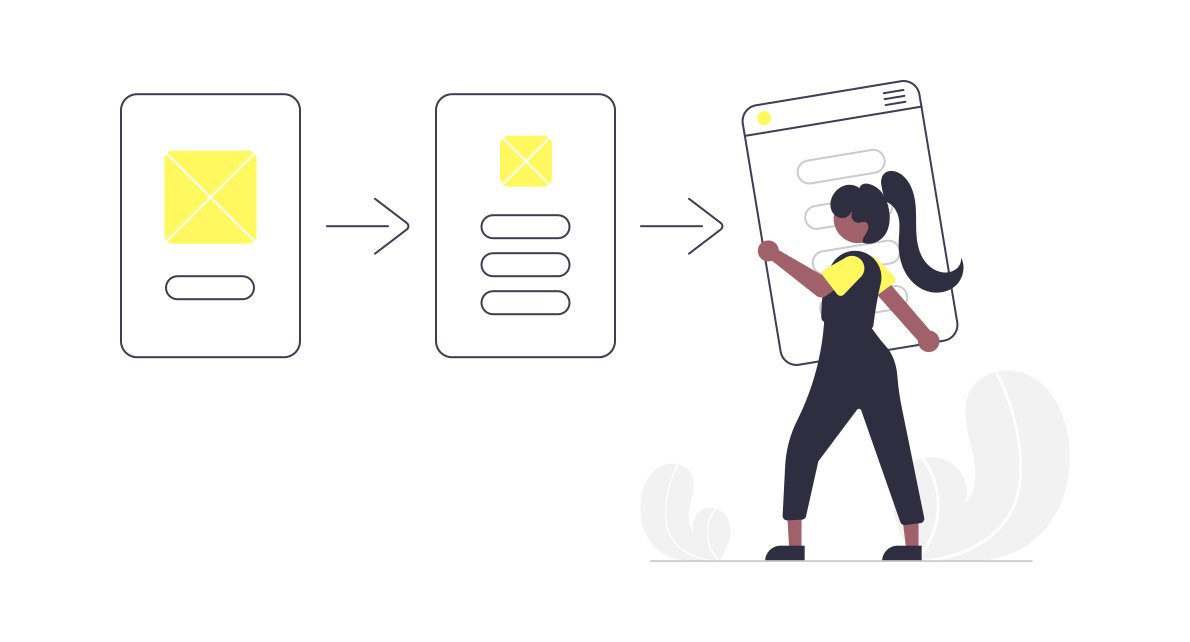Whether you're a full-time freelancer or you just want freelance on the side you have to know your price so you don't get busto.
We will discuss the three most common ways how to price your services:
- Hourly rate
- Project rate
- Service as a product
But basics first.
Don't think about the price as a one-night-stand.
Rather build a very close relationship with it.
It:
- helps you to increase/decrease demand
- gives hints about how good/bad your service is
- positions yourself on the market
Know how to use this tool.
Cheaper ≠ Better
Imagine someone selling you a car for $350.
What would you think about it?
Exactly.
Set the fair price, not the scam inducing one.
The cheap price will bring you a specific sort of people.
- to be polite.
So always compete with quality, not price.
1. Hourly rate
This is the most straightforward way how to set your price.
How to set it?
The basic equation may look like:
[Monthly target profit ($) + All costs ($)] / no. of billable hours in a month
PS. Even if you're starting out don't get much lower under this price.
1b. Tools that will help you to set your hourly rate:
Get an idea:
https://t.co/BGibIPZeqX Advanced calculator:
https://t.co/QnzbtDRTUw If you're not sure set a little lower hourly rate and then you can increase it.
Remember: "Price is the tool to use".
2. Project rate
This means you will tell the client how much (exactly) he will pay before the work even starts.
Let's say somebody wants a website:
So you take:
- 15 hours for creating it
- 5 hours for communication
- 20% time reserve
Project rate = 24 hours * hourly rate
2b. Tip: Really count it, don't guess
Using the hourly rate (and take reserve) is the easiest way. Break the price down to the client as well.
PS. $3000 for a website seems like you have a HUGE margin there. Better say $3180 and put yourself into a better negotiation position.
3. Selling your service as a product
- Turnkey website
- Course
- Workshop
The "service" has defined
- Scope
- Price
- Complexity
You can see this type of pricing mostly on platforms like UpWork or Fiverr.
3b. The service can even have its own website, reviews, etc.
It's not ideal for any type of service but for some as:
- Small websites
- Logo making
- Template design
It may be the best solution for both sides.
But always check what's the standard in your niche.
To sum it up:
1. Count your (roughly) minimum hourly rate.
2. Check the pricing conventions in your field
3. Prepare the rough price list
Have a great time getting new clients and starting your freelance career!
Thanks for reading!
If you liked the thread consider RT the 1st tweet.
👇 Which of the pricing approaches do you think is best for your business?




















